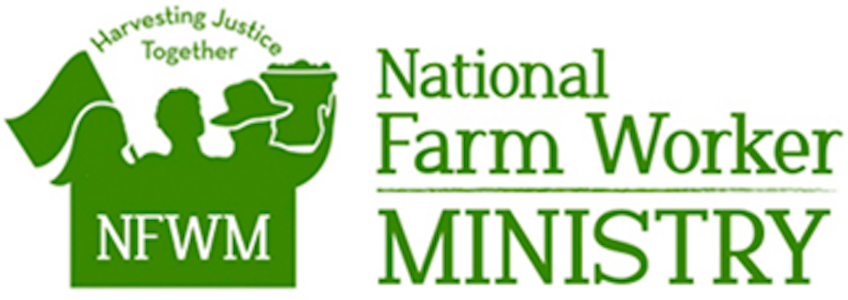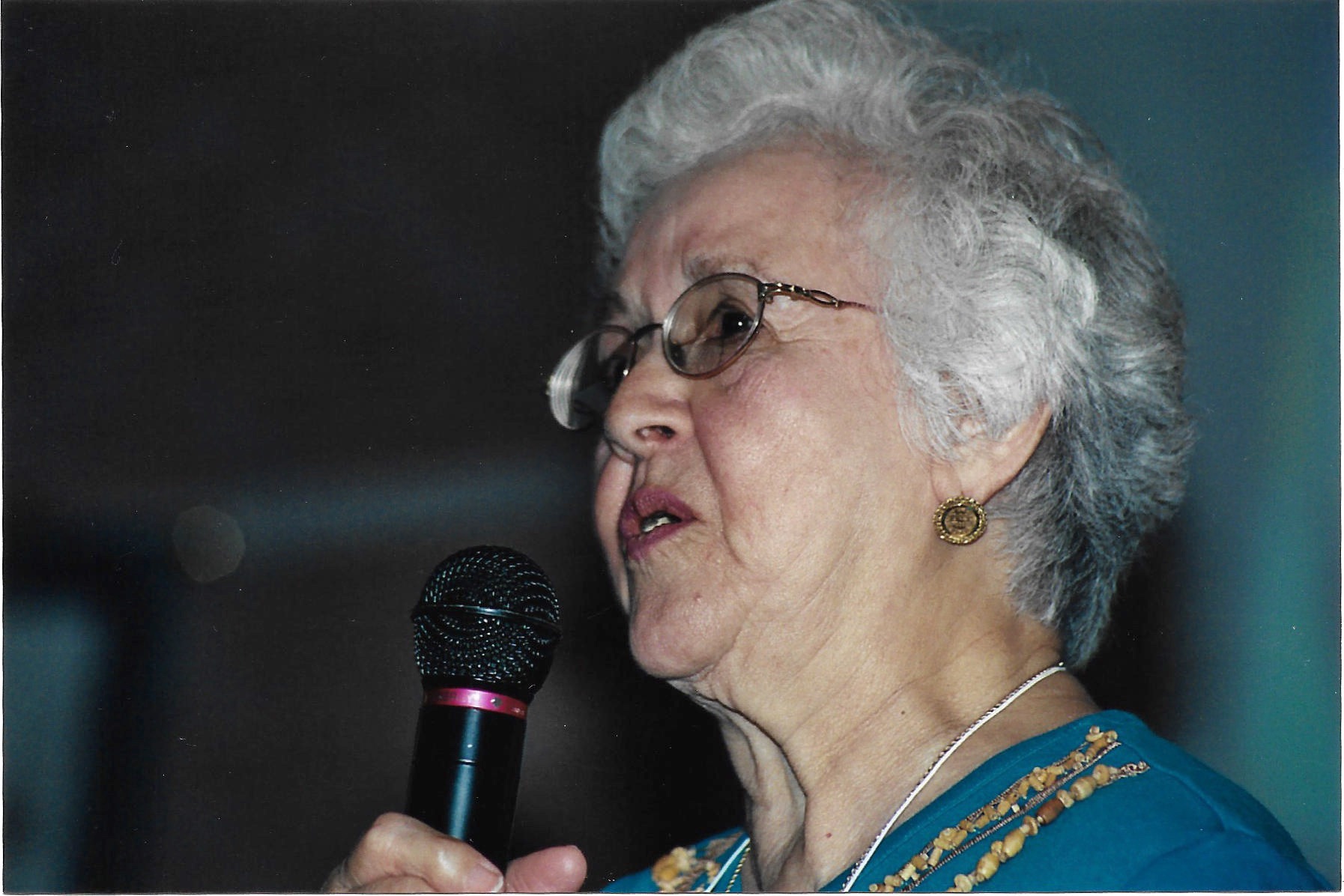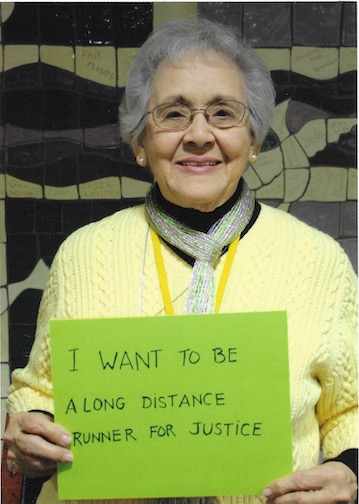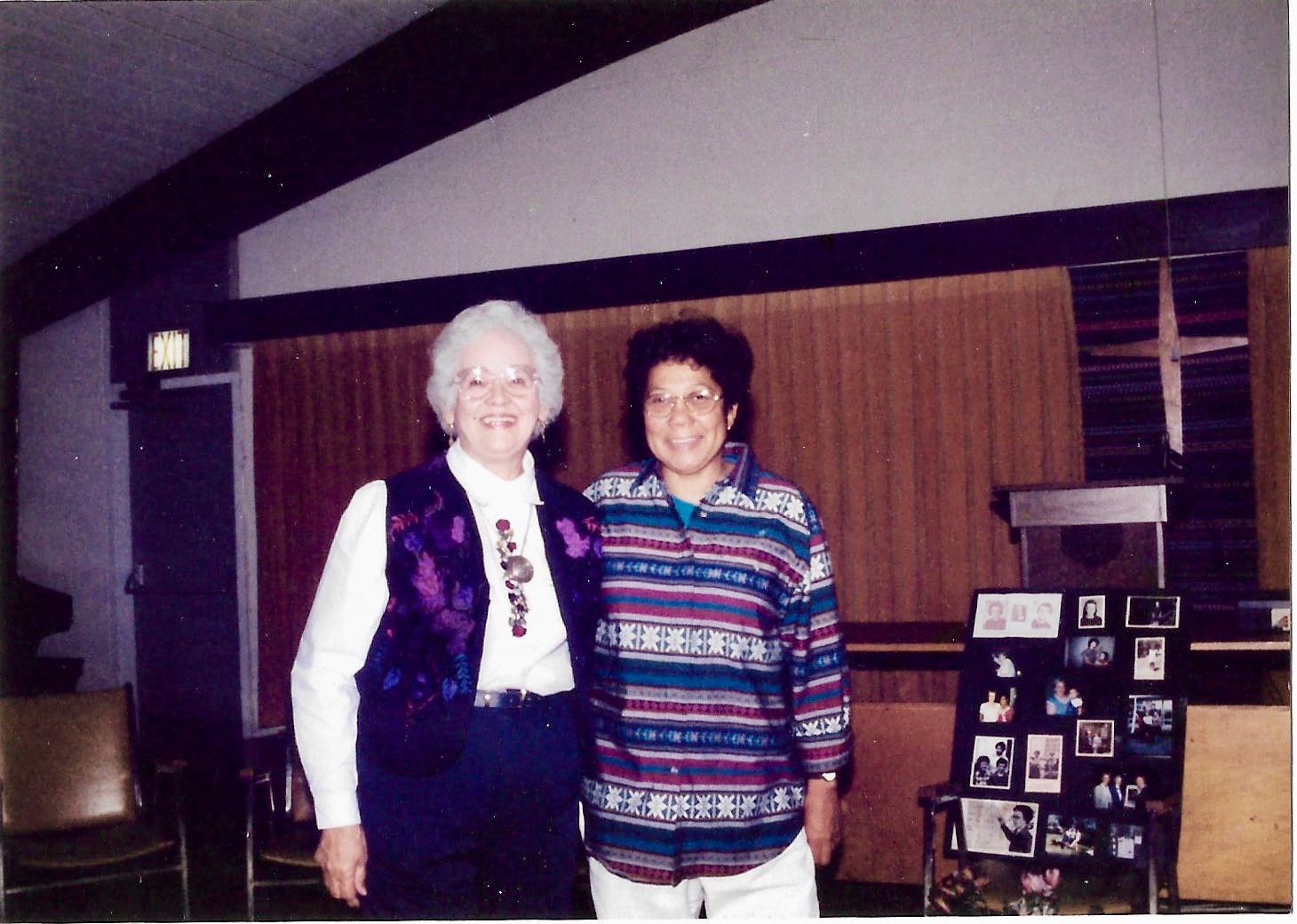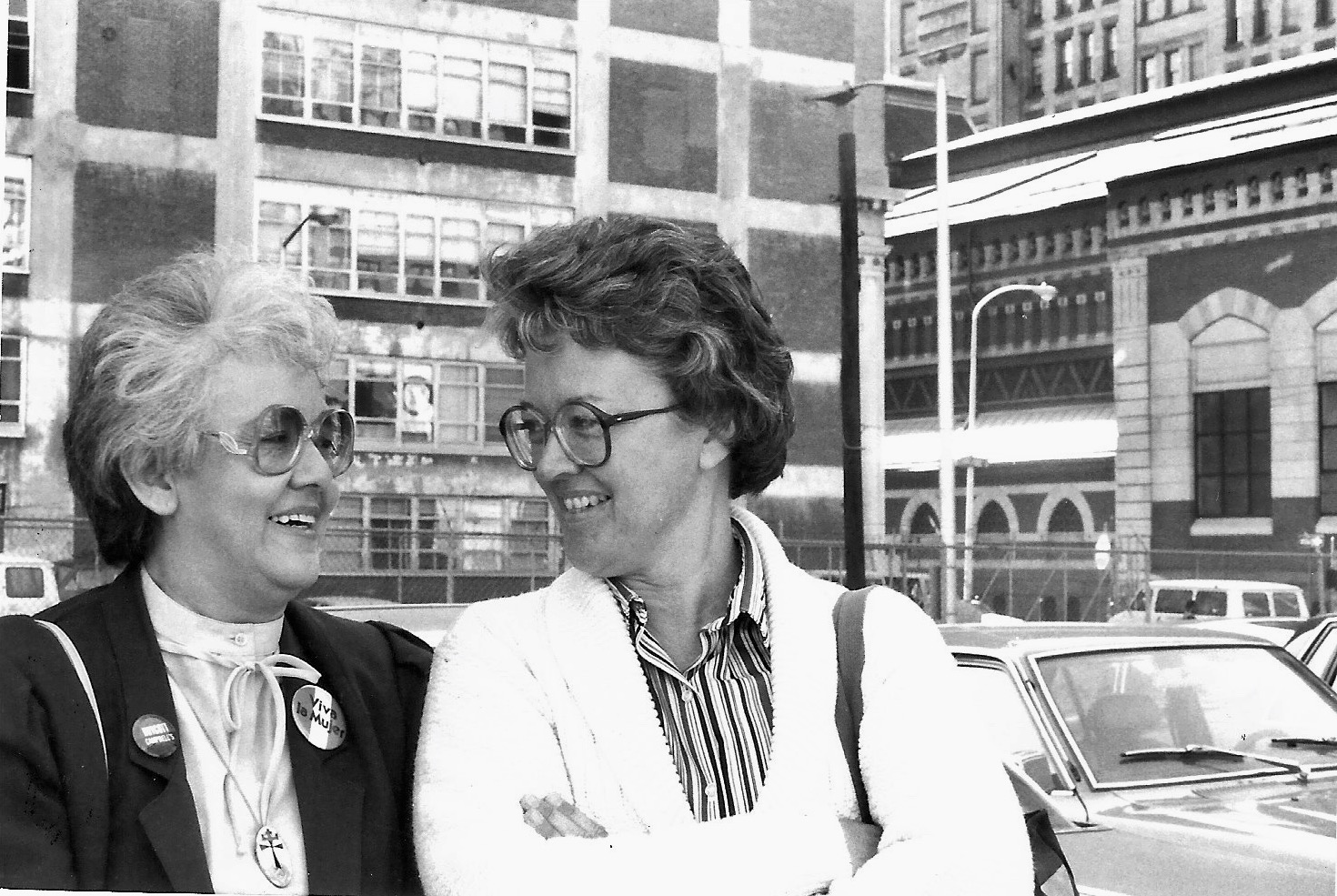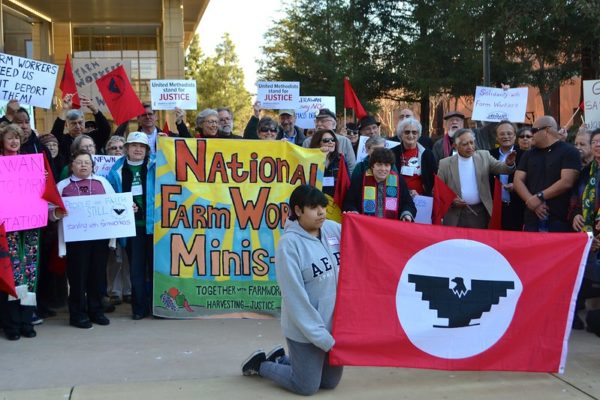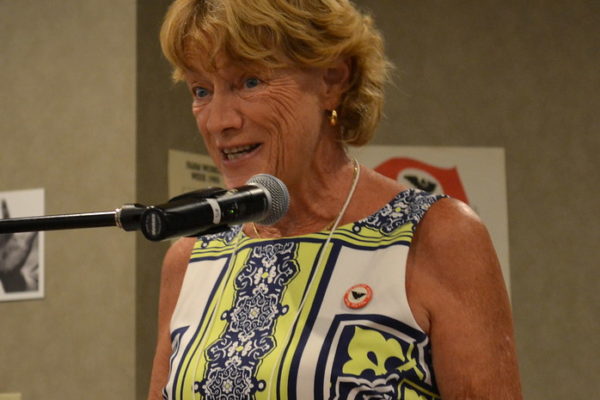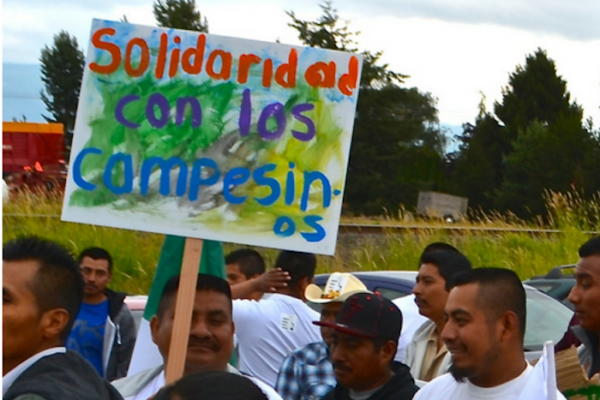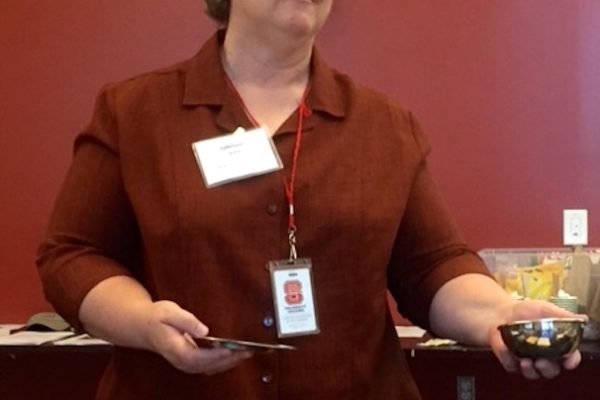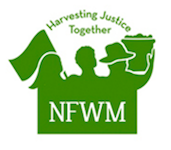“My children and my church say to me, ‘you did so much for farm workers’ and I say ‘there is nothing I did. I have learned so much, it’s like a treasure what they [farm workers] have given me.” Olgha Sierra Sandman is a monumental figure in the National Farm Worker Ministry’s history. She is an original board member whose work and commitment to farm workers far predates the organization itself. Olgha could fill a book with her stories alone, and listening to her speak about the history of the movement is mesmerizing and inspiring.
A native of Monterey, Mexico, Olgha moved to Chicago in the 1950s to attend school. Unable to afford the trip home for the summer, Olgha found a job working with Mexican people at the National Migrant Ministry. She says she found fulfillment in the work and so went back again the following summer, helping to organize churches to care for children in the migrant camps, providing schooling and education, organizing family nights, and reading to the children. This work helping migrants better their lives was the predecessor to the NFWM’s work supporting farm worker organizing she says. Or, as Olgha described it, “a family starts with the grandparents and this work was the grandparent to what we now know as the National Farm Worker Ministry.”
“I don’t think the ministry is 50 years old. I think it is many more years old. It wasn’t born in 1970.” She says the work was always about supporting farm workers and the difference came about when Cesar Chavez, Baldemar Valasquez, and the Coalition of Immokalee Workers taught them how to organize.
The movement also led Olgha to her future husband, Bob Sandman, then a recent seminary graduate and director of the Migrant Ministry’s work in Illinois. Olgha moved back to Mexico after finishing school intending to teach in her native country, but her time there was short lived, and she returned to Illinois to marry Bob and ultimately, live a life of service through the NFWM.
In the years before the founding of the NFWM, Oglha and Bob traveled around the country in service to the movement with assignments in Texas, New Mexico, California, and eventually Ohio and Illinois where they settled down. Olgha recalls Cesar Chavez staying at their home in Illinois when he was in the area: “It was an honor. It was exciting. He knew we were in favor of what he was doing.”
Olgha was invited to attend the organizing meeting of the NFWM in Atlanta in 1970 and the first NFWM meeting a year later in La Paz, CA. She has served on the board since the NFWM’s founding, serving as President and for a short time, as interim director after the death of Sister Pat Drydyk.
“We learned that the workers are the ones that show the way. The workers are the ones that open the way to follow. We have learned through the years to listen to them, to respect them for that and to move into the different campaigns and plans they have,” says Olgha.
Olgha’s contribution to the movement was far and wide. In the 1980s, she became a self-described “surrogate attorney” and helped more than 300 farm workers apply for permanent legal status in Illinois. She recalls a member of the NFWM board giving her the keys to a church so that she could meet with the workers, helping them fill out the applications in English.
“Olgha was always front and center. She was present at every protest, organizing things and getting us together. She’s really good at getting people together and keeping enthusiasm up,” said Margie Hallowell, a volunteer for United Farm Workers and fellow Chicago resident. “The last time I remember being at a protest with Olgha was outside a McDonalds. That was around 2000 and she was still going strong!”
When asked what has been most meaningful about her work, she said “to be part of the Ministry – I don’t know how to equate it. It was important. I knew farm workers by name, by home. I went into their homes and they would say ‘stay and eat with us’ and they’d just put more water in the soup or the beans. The farm workers were my friends. I loved them and they loved me. That’s a richness I will never lose.”
Olgha in her own words:
